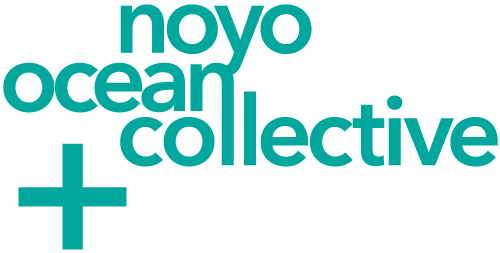The Planning Team
The Noyo Harbor Blue Economy Visioning, Resiliency, and Implementation Plan is made possible with grant funding from the California Coastal Commission and will result in several updates to both the City of Fort Bragg and County of Mendocino Local Coastal Programs. The core Planning Team responsible for delivering the Plan is the City of Fort Bragg’s Special Projects Manager, the Noyo Harbormaster, and the California Sea Grant Coastal Mendocino Extension Fellow.
City of Fort Bragg
The City of Fort Bragg is home to nearly 7,000 residents and serves as the commercial center for surrounding communities along the Mendocino coast. It occupies 2.7 square miles, a third of which has served as a timber mill for generations. Georgia-Pacific closed the mill site in 2002, and cleanup efforts are currently taking place under the oversight of California’s Department of Toxic Substance Control. Lost good paying jobs have not been replaced, and the City relies heavily on Transient Occupancy Tax generated from tourism. In 2020, the US Department of Commerce invested in an economic diversification study for the city. This effort culminated in a 4-day city wide event – the May 2022 Blue Economy Symposium and Learning Festival, which started the process of establishing a blue economy vision and identifies paths forward to help us realize our goals. One of the many partnerships that has resulted is with the California Sea Grant Program who has created a new extension fellowship. The Coastal Mendocino Extension Fellow works from City Hall and is helping to develop The Plan.
Noyo Harbor District
Many agencies share responsibility for the Noyo Harbor: Noyo Harbor District, Mendocino County, California Coastal Commission, Dept. of Fish and Wildlife, Dept. of Boating & Waterways, and US Army Corps. of Engineers. Fishing is central to Noyo Harbor’s identity and closely tied to the culture and economic heritage of the region. Noyo Harbor consistently ranks in the top ten commercial ports in California in terms of ex-vessel value and commercial fish landings. The harbor also supports several charter, sport fishing and recreation boating vessels.
California Sea Grant
The National Sea Grant College Program was established by the U.S. Congress in 1966 and works to create and maintain healthy coastal environment and economy. In 1973, the California Sea Grant Program (CASG) began – a collaboration of the National Oceanic Atmospheric Administration (NOAA), the State of California, and universities across the state to create knowledge, products and services that benefit the economy, the environment and the citizens of California. Currently, CASG is partnering with the City of Fort Bragg to host a 24-month Coastal Mendocino Extension Fellowship. The fellow is helping develop The Plan by coordinating and conducting community engagement, collecting data, and soliciting input on science results and planning concepts.
